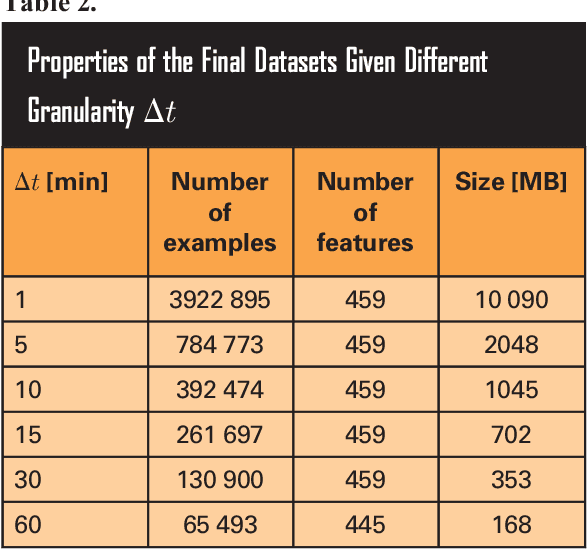Bernard Ženko
Machine learning for predicting thermal power consumption of the Mars Express Spacecraft
Sep 03, 2018



Abstract:The thermal subsystem of the Mars Express (MEX) spacecraft keeps the on-board equipment within its pre-defined operating temperatures range. To plan and optimize the scientific operations of MEX, its operators need to estimate in advance, as accurately as possible, the power consumption of the thermal subsystem. The remaining power can then be allocated for scientific purposes. We present a machine learning pipeline for efficiently constructing accurate predictive models for predicting the power of the thermal subsystem on board MEX. In particular, we employ state-of-the-art feature engineering approaches for transforming raw telemetry data, in turn used for constructing accurate models with different state-of-the-art machine learning methods. We show that the proposed pipeline considerably improve our previous (competition-winning) work in terms of time efficiency and predictive performance. Moreover, while achieving superior predictive performance, the constructed models also provide important insight into the spacecraft's behavior, allowing for further analyses and optimal planning of MEX's operation.
 Add to Chrome
Add to Chrome Add to Firefox
Add to Firefox Add to Edge
Add to Edge